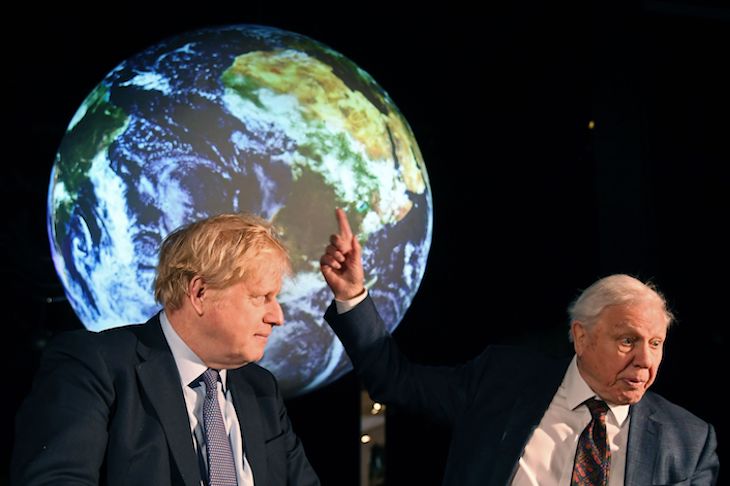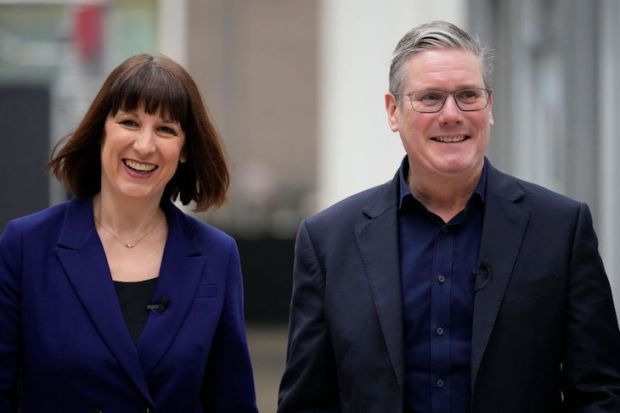At least no one will be able to accuse it of not caring about the environment. The government has just bought forward its ban on all diesel, petrol and hybrid cars to 2035. From that date onwards, you will only be allowed to buy electric or hydrogen vehicles. The gas-guzzling, polluting SUVs we all like so much will be banished from the road, and all those petrol stations will be replaced with sleek charging stations. There is a problem, however, and it is far from a minor one. The government shouldn’t be telling us what to drive – because consumers left to themselves can decide for themselves.
True, there is nothing wrong with electric cars. They are far, far better for the environment. And, a few cranks aside, everyone agrees that improving the environment is an important objective. Even if you don’t go the full-Greta on climate change, it only takes a few minutes standing next to a stationary street full of Chelsea tractors to decide we might all benefit from slightly fresher air. The latest electric vehicles are sleek, quiet, clean and a pleasure to drive. Everyone likes them, which is why Tesla is now worth more than VW and BMW combined. But there are three big problems with an outright ban.
First, the date is too soon. Given that a new car should have at least 10 years of working life effectively there is no point buying a petrol car after 2025. Sure, you will still be allowed to buy a traditional internal combustion car up until the last day. But no one is going to want to spend twenty grand on something with zero resale value the following week. All combustion engines will eventually be legislated off the road in 2050.
Second, although electric cars are great they are not necessarily the future. The way we move ourselves around is about to go through its greatest period of change since Henry Ford came up with the Model T. Uber is already making the car something we stream from our phones rather than own. Every tech company is working on driverless vehicles, and, once they arrive, they are more likely to be pods that move around cities 24/7 rather than a VW Golf with a robot at the wheel. The important point is this. The ‘car’ may not exist in a decade anyway.
Finally, instead of banning fossil fuel powered cars, surely the government should be investing in the infrastructure and technology to create a compelling and attractive alternative. Sales are already booming, with 31 per cent of consumers planning to switch to electric for the next car, and more than half planning on a hybrid. It is far better if we buy electric vehicles voluntarily rather than because we are forced to, not least because it will make the manufacturers compete to improve the product.
In truth, the government has a really poor record of telling us what to drive. It is only a few years since it used to tax policy to get us all to buy diesels and no one needs to be reminded how that worked out. How we get around is changing a lightning speed – but it would be better to let consumers shape that future instead of the state trying to dictate it.
Got something to add? Join the discussion and comment below.
Get 10 issues for just $10
Subscribe to The Spectator Australia today for the next 10 magazine issues, plus full online access, for just $10.





















Comments
Don't miss out
Join the conversation with other Spectator Australia readers. Subscribe to leave a comment.
SUBSCRIBEAlready a subscriber? Log in